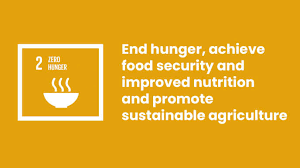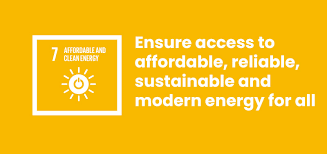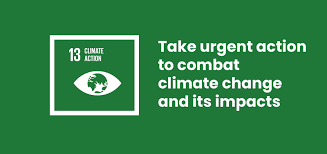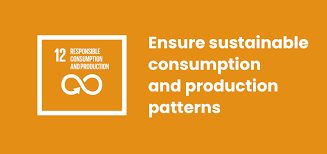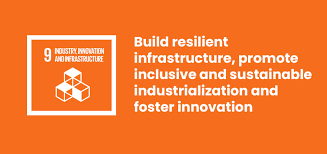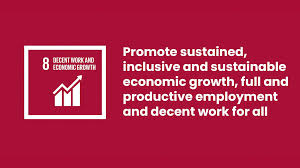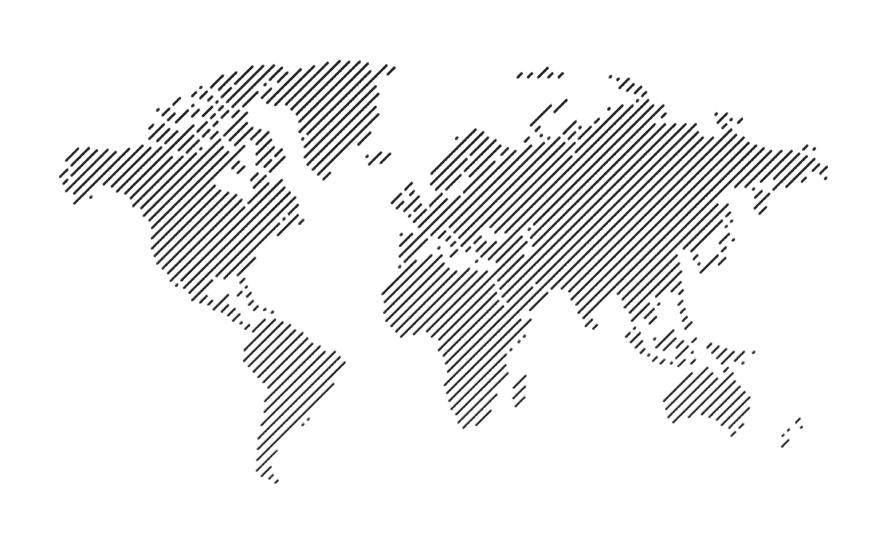Afriquecomm is a dynamic organization committed to advancing sustainable development across Africa through its strategic initiatives in agriculture, mining, renewable energy, and waste-to-wealth sectors. This white paper provides an in-depth analysis of how Afriquecomm’s operations align with and contribute to the United Nations Sustainable Development Goals (SDGs). By examining the company’s strategies we offer a comprehensive understanding of its impact on sustainable development.
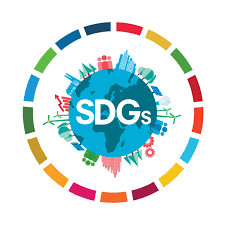
Afriquecomm’s Strategic Involvement in SDGs
Afriquecomm’s initiatives align with several SDGs, notably:
- SDG 2: Zero Hunger
- SDG 7: Affordable and Clean Energy
- SDG 8: Decent Work and Economic Growth
- SDG 9: Industry, Innovation, and Infrastructure
- SDG 12: Responsible Consumption and Production
- SDG 13: Climate Action
SDG 2: Zero Hunger

Objective: End hunger, achieve food security and improved nutrition, and promote sustainable agriculture.
- Product Development: Afriquecomm collaborates with farmers and cooperatives to optimize agricultural practices, enhance productivity, and facilitate global market access through sustainable solutions like blockchain traceability and smart logistics.
- Innovation: The integration of smart farming technologies and sustainable land use practices ensures efficient resource utilization and increased crop yields.
- Market Expansion: By providing market access support, Afriquecomm enables farmers to reach global markets, thereby increasing their income and contributing to food security.
- Strategic Partnerships: Collaborations with local organizations and international stakeholders enhance the scalability and impact of agricultural initiatives.
SDG 7: Affordable and Clean Energy
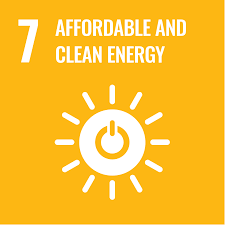
Objective: Ensure access to affordable, reliable, sustainable, and modern energy for all.
- Renewable Energy Integration: Afriquecomm empowers renewable energy producers with financing, technology, and market access to expand sustainable energy solutions, including solar and wind projects, on a global scale.
- Innovation: The adoption of cutting-edge technologies facilitates the development of efficient and sustainable energy systems.
- Business Development: By supporting the growth of renewable energy projects, Afriquecomm contributes to the creation of green jobs and stimulates economic growth.
- Policy Advocacy: Engagement with policymakers to promote favorable regulations and incentives for renewable energy investments.
SDG 8: Decent Work and Economic Growth
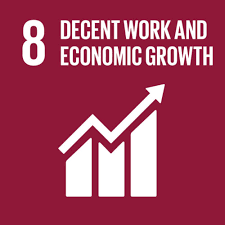
Objective: Promote sustained, inclusive, and sustainable economic growth, full and productive employment, and decent work for all.
- Productivity Enhancement: Through business transformation services, Afriquecomm helps stakeholders optimize operations and achieve financial transformation, leading to increased productivity.
- Skill Development: Initiatives aimed at capacity building equip individuals with the skills necessary for employment in various sectors.
- Economic Empowerment: By facilitating access to global markets, Afriquecomm enables businesses to grow, thereby creating employment opportunities and contributing to economic development.
- Sustainable Business Models: Promotion of responsible business practices ensures long-term economic sustainability.
SDG 9: Industry, Innovation, and Infrastructure
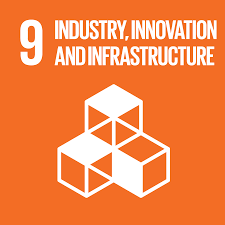
Objective: Build resilient infrastructure, promote inclusive and sustainable industrialization, and foster innovation.
- Infrastructure Development: Afriquecomm’s involvement in sectors like mining and renewable energy contributes to the development of robust infrastructure.
- Innovation Promotion: The integration of technologies such as blockchain and IoT enhances operational efficiency and fosters industrial innovation.
- Industrial Growth: By supporting industries in adopting sustainable practices, Afriquecomm promotes inclusive and sustainable industrialization.
- Investment Attraction: Efforts to improve infrastructure and industrial capabilities attract investments, further driving economic growth.
SDG 12: Responsible Consumption and Production
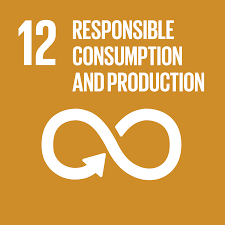
Objective: Ensure sustainable consumption and production patterns.
- Waste-to-Wealth Initiatives: Afriquecomm transforms waste management by integrating innovative recycling technologies and circular economy models, turning waste into valuable products to promote sustainability and economic growth.
- Resource Efficiency: Emphasis on sustainable practices ensures efficient use of resources and minimizes environmental impact.
- Market Creation: Development of markets for recycled products encourages responsible consumption and production.
- Consumer Awareness: Initiatives to educate consumers on sustainable consumption patterns contribute to behavioral change.
SDG 13: Climate Action
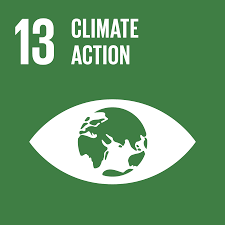
Objective: Take urgent action to combat climate change and its impacts.
- Sustainable Practices: Afriquecomm’s services promote eco-friendly practices across sectors, contributing to climate change mitigation.
- Innovation: Development of products and services that reduce carbon footprint and enhance environmental sustainability.
- Policy Engagement: Advocacy for policies that support climate action and sustainable development.
- Risk Management: Implementation of strategies to mitigate climate-related risks in business operations.
Afriquecomm’s strategic initiatives demonstrate a comprehensive commitment to advancing multiple SDGs through innovative products and robust business strategies. By aligning its operations with global sustainability goals, Afriquecomm not only contributes to the socio-economic development of Africa but also sets a precedent for responsible and impactful business practices.
